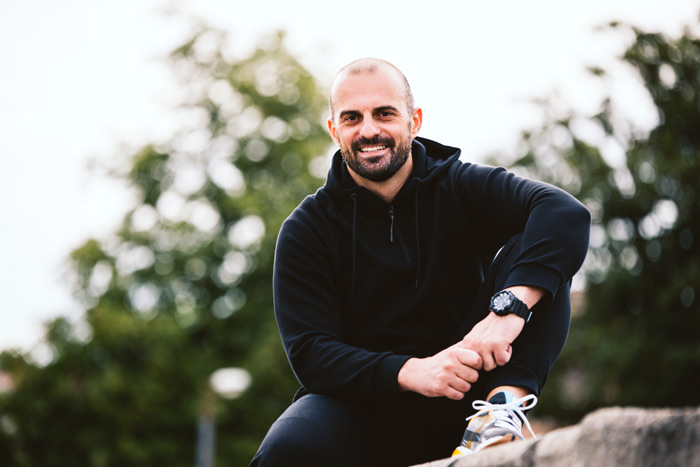Have you thought about your goals recently?
Maybe your answer is “yes.” You have a set of clear goals—get the promotion, lose the weight, write the novel, whatever—and you are making progress bit by bit.
Maybe your answer is “no.” You remember setting some goals once upon a time, but the grind of day-to-day life has worn away at the energy you would need to truly pursue them.
Maybe your answer is “Why would I need goals?” You are a “live in the moment” sort of person, going with the flow, taking things as they come.
It probably won’t surprise you that we are in favor of setting and pursuing goals—especially if you are a person in recovery from a substance use disorder. For those in recovery, one goal needs pride of place among your other aspirations: the goal of maintaining your sobriety.
But sobriety does not have to be your only goal. In fact, setting and pursuing a range of goals can be a good way to support your sobriety. Let’s take a look at the value of goal-setting and the ways in which it can serve you well in recovery.
Set Achievable Goals in Recovery for Better Physical & Mental Health
When you are in recovery, it is important to give yourself the best possible chance to maintain your sobriety day after day. Taking meaningful steps toward improving your physical and mental health is an excellent way to build a solid foundation for ongoing sobriety.
Examples of good health goals to set include:
- Improving your diet by replacing a sugary snack with something healthier in your daily routine
- Reducing your caffeine intake after lunch so that you will have less trouble getting to sleep at night
- Going for a 15-minute walk in the morning and another in the afternoon
- Practicing mindfulness or another kind of mediation each day
- Taking up an engrossing hobby to help with stress reduction and reserving time in your schedule to enjoy that hobby
These examples are just that—examples. There are any number of small but meaningful goals that you can set and achieve. And you can think of these small goals as the building blocks of bigger goals related to your diet, sleep habits, exercise routines, mental health, and stress reduction.
More About Achievable Goals in Recovery
By setting goals, you are better able to keep track of your progress and hold yourself accountable to the accomplishments you have set out to achieve. Once you have conquered one goal, it’s time to set another that builds off the first.
For example, let’s say you have replaced your regular afternoon cookie with a daily apple. It might seem like a small change, but odds are that it wasn’t all that easy in the early going. After all, cookies are delicious. But once you find an apple variety that you enjoy, you can get into a groove and eventually you will find yourself looking forward to the apple with the same enthusiasm you used to have for the cookie. So, you have achieved your goal and can build on it.
The next step is, of course, up to you. Maybe you decide to make a change to your breakfast routine so that you eat something healthy each morning rather than grabbing a donut as you run out the door. Maybe you add more fish or vegetables (or both) to your dinner repertoire. Maybe you commit to eating lunch away from your desk and taking a quick walk before getting back to work. Each of these options (and many more like them) is another achievable goal that proceeds from the original goal of eating healthier snacks.
Making Progress Instead of Running in Place
You might think that this emphasis on goals is too much of a hassle or not in keeping with your overall approach to life. But here’s the thing: Without goals to work toward, we tend to just keep doing what we have been doing. We keep eating the cookie instead of the apple. We keep consuming caffeine deep into the afternoon and evening. We don’t exercise, don’t take active steps to improve our mental health, and don’t set aside time for relaxation and recharging.
Worst of all, without goals, we might find ourselves falling back into patterns of thought and behavior that lead to relapse.
Set meaningful and achievable goals. Measure your progress. Set a new goal when the first one is achieved. Keep going. Stay sober.
At The Aviary, Our Goal Is Helping You
When you are struggling with a substance use disorder, it can be impossible to think about setting positive goals and working toward them. In fact, you may feel entirely helpless in the face of your addiction. But you are not, in fact, helpless.
At The Aviary Recovery Center, we can help you regain and maintain your sobriety. We can also address co-occurring mental health disorders and provide information, resources, and strategies (like goal-setting) that can support your recovery. And in the event of a relapse, we can help you start your recovery journey again—with long-term sobriety remaining the most important goal.
When your goal is to reclaim your life from drug or alcohol use, we can help.










